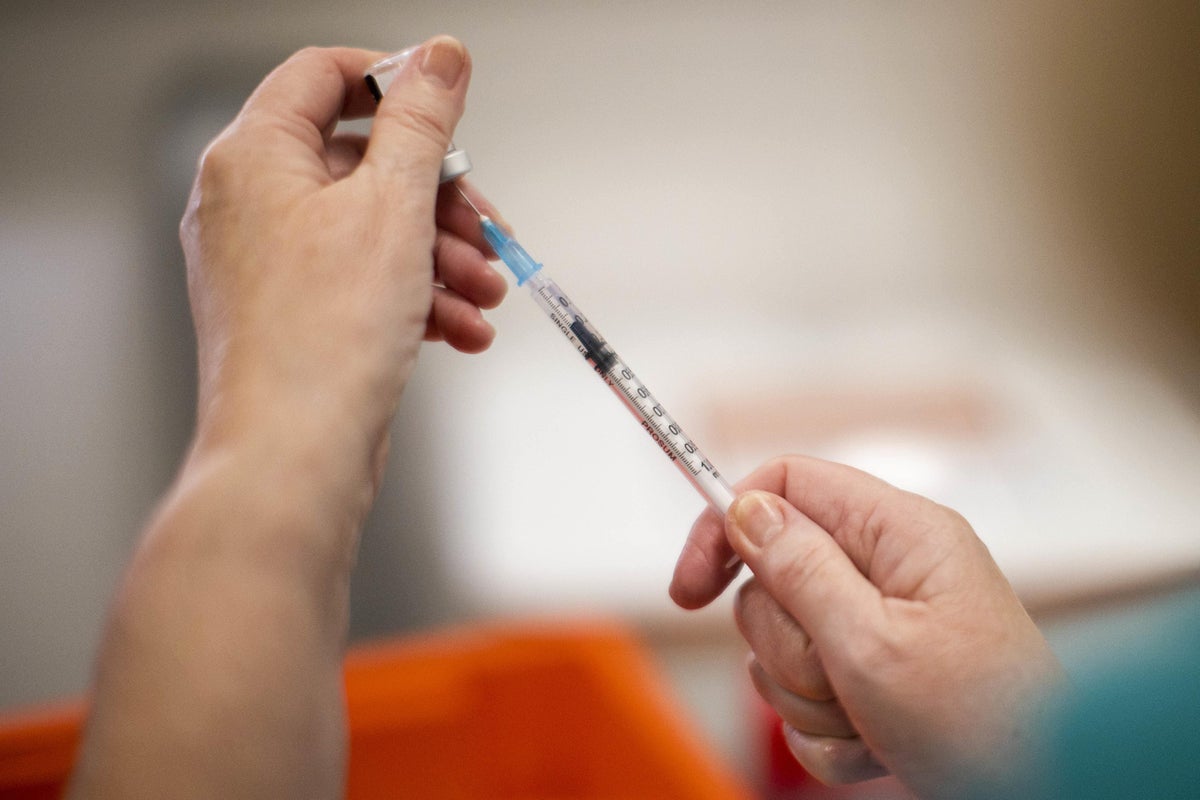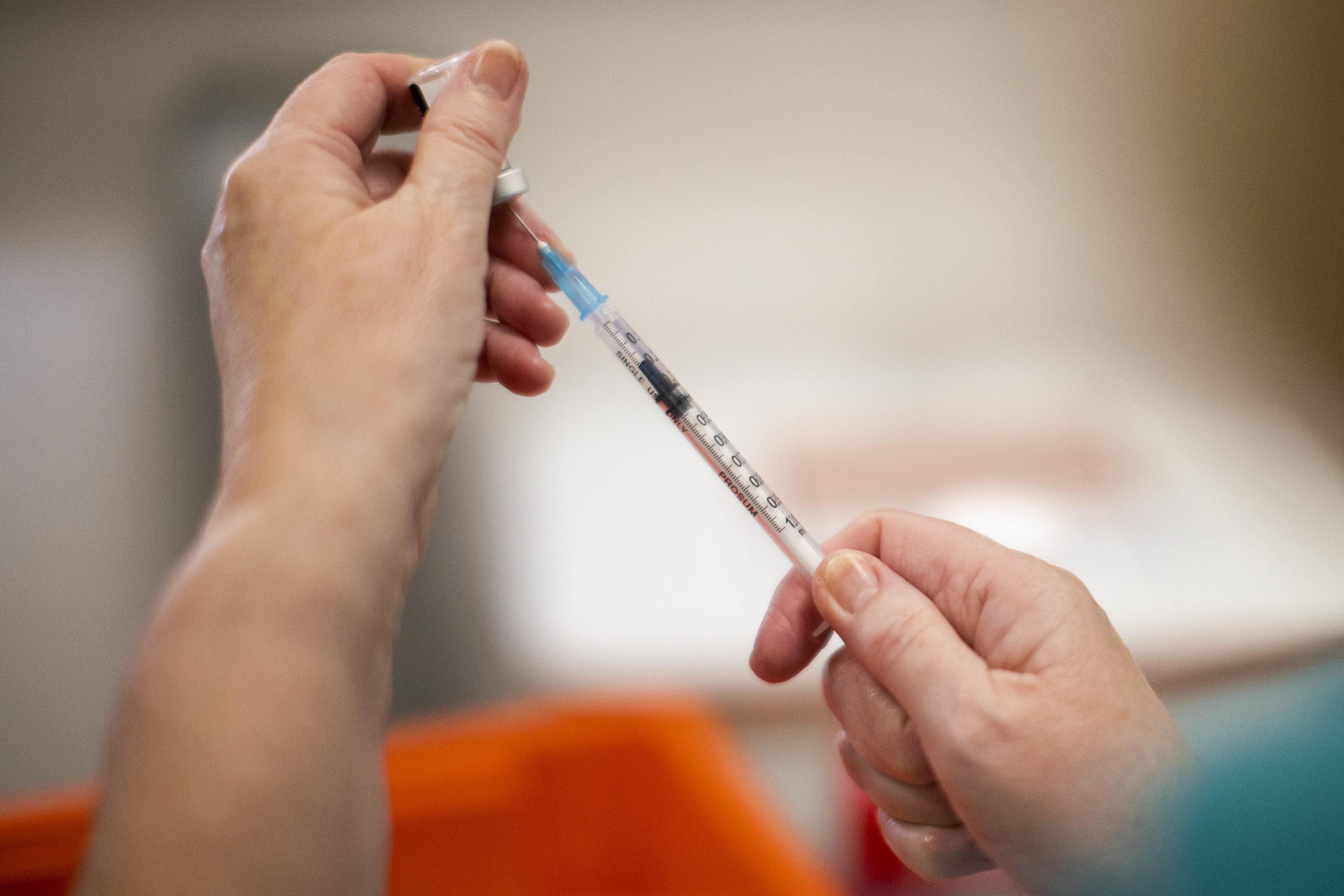
Groundbreaking new vaccines to treat a range of diseases including cancer could be ready by 2030 and save millions of lives, experts have said.
Moderna, a leading pharmaceutical firm that made a Covid jab, said the new cancer vaccines are showing “tremendous promise” and have condensed nearly two decades of progress into 12 to 18 months.
It is hoped the jabs will be able to treat cardiovascular and autoimmune diseases and “all sorts” of other conditions, Dr Paul Burton, Moderna’s chief medical officer, said.
“We will have that vaccine and it will be highly effective, and it will save many hundreds of thousands, if not millions of lives,” he told The Guardian.
“I think we will be able to offer personalised cancer vaccines against multiple different tumour types to people around the world.”
A number of other pharmaceutical companies are also working on vaccines aimed at tackling cancer and other diseases.
In January it was announced that cutting-edge research into developing personalised mRNA vaccines for cancer patients will be accelerated following the UK’s successful Covid-jab rollout.
BioNTech, the German firm that co-produced a Covid vaccine with Pfizer, will partner with the government to deliver 10,000 personalised therapies to patients in the UK by 2030.
Under the plans, cancer patients will get early access to trials exploring personalised mRNA therapies, including cancer vaccines. Such vaccines will contain a “genetic blueprint” to stimulate the immune system to attack cancer cells.
Current treatments for cancer, such as chemotherapy and radiotherapy, can attack healthy cells as well as cancerous ones, resulting in adverse side effects and illness.
The cancer trials could start by the second half of this year.

Access to the trials will be through the Cancer Vaccine Launch Pad, which is being developed by NHS England and Genomics England.
The launch pad will help to rapidly identify large numbers of cancer patients who could be eligible for the trials and explore potential vaccines across multiple types of cancer.
The partnership will aim to help patients with early and late-stage cancers. If successfully developed, cancer vaccines could become part of standard care.
In 2019, there were 327,174 new cases of cancer diagnosed in England. Incidence rates rose between 1995 and 2013 but have fallen slightly since then, according to figures from the House of Commons Library.
Incidence is 23 per cent higher in men than in women, the research said. There is still no cure for the disease.
Current treatments for cancer, such as chemotherapy and radiotherapy, can attack healthy cells as well as cancerous ones, resulting in adverse side effects and illness.







